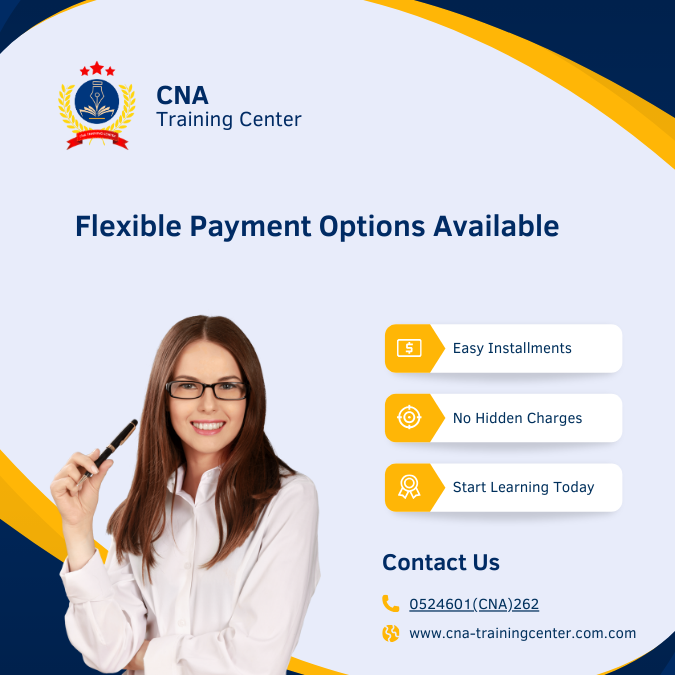Blogpost
The Future of Medical Training: Insights into Online Healthcare Classes

The medical education landscape is constantly evolving, especially in rapidly expanding healthcare centers like Dubai. Online healthcare training programs are becoming more sophisticated and widely available as technology develops and global connectivity increases. With this, the way healthcare professionals learn and develop their skills is being completely transformed, making high-quality education more accessible while maintaining high standards.
The Rise of Virtual Learning Platforms in Medical Education
Online healthcare classes in Dubai are now more dynamic and captivating than ever with the development of advanced digital platforms. Leading medical institutions in Dubai are adopting these technologies and integrating 3D anatomical models and virtual reality simulations into their curriculum. With the help of these resources, students can safely practice processes while getting performance metrics and real-time feedback. Moreover, artificial intelligence integration has enabled the development of customized learning pathways that adjust to the learning preferences and pace of each individual student.
Breaking Geographic Barriers Through Online Healthcare Training Programs
Access to high-quality medical education is no longer restricted by distance. Virtual classrooms have made it possible for healthcare professionals from all around the world to interact with peers and knowledgeable teachers. Emerging medical hubs like Dubai have benefited greatly from this worldwide accessibility, as local practitioners can easily access and exchange international expertise.
Also, learning from various healthcare systems and methodologies enhances the educational process and promotes a more thorough comprehension of international healthcare practices.
Practical Skills Development in the Digital Age
Although conventional hands-on training is still essential, new methods for developing practical skills have emerged. Students can remotely learn basic operations by using advanced simulation software combined with home-delivered practice kits. These systems, which guarantee continuity in medical education, have proven particularly helpful during international health emergencies. A stronger and more adaptable educational framework has been produced by combining virtual and physical learning resources.
Cost-Effectiveness and Time Efficiency
Online healthcare training programs in Dubai have also reduced the cost of healthcare education. These programs are more accessible to a wider variety of aspiring healthcare professionals by doing away with the requirement for physical infrastructure and lowering travel costs. This economic strategy has enhanced Dubai's position as a regional center for education, drawing students from other countries who may now obtain high-quality education without moving.
Quality Assurance and Accreditation Evolution
The transition to online education has made new strategies for upholding academic standards necessary. Regulatory bodies have created advanced techniques to verify the quality of online medical education courses. Regular tests, online proctoring platforms, and thorough performance monitoring are all part of this. These steps guarantee that, while providing more flexibility and accessibility, online healthcare education upholds the same rigorous standards as traditional classroom-based learning.
In the end
The future of medical education is being reshaped by these advancements, which make online healthcare courses in Dubai more efficient, accessible, and flexible enough to meet evolving healthcare demands. This evolution in medical education promises to prepare healthcare professionals who are better equipped to tackle the challenges of modern medicine while maintaining the highest standards of patient care.


